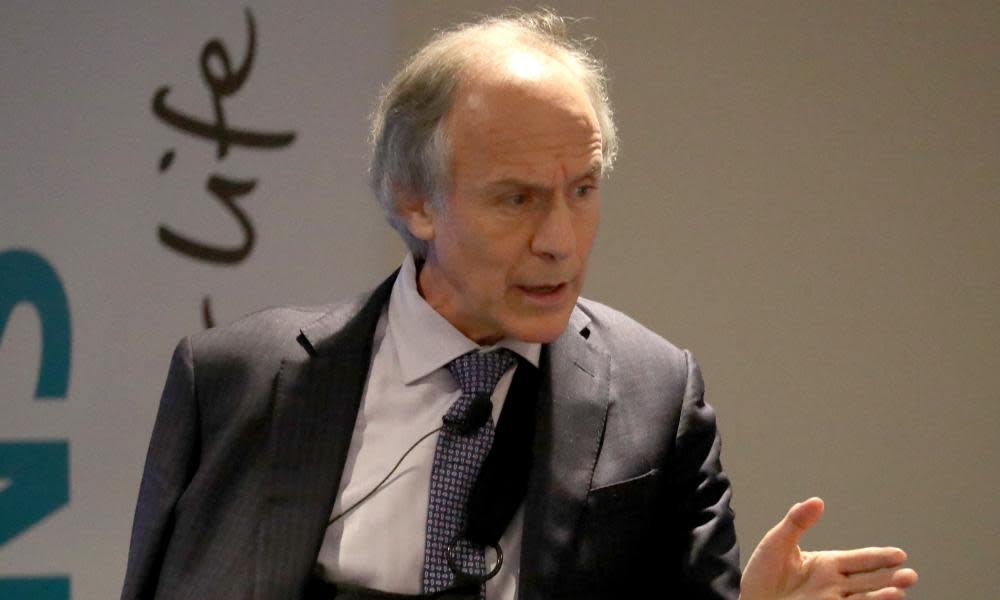Australian hydrogen export projections found to be exaggerated by factor of up to 11

As state and federal energy ministers gather for the first time in a year, a report has found that Australia has overhyped the potential demand for hydrogen exports by a factor of up to 11.
The Australia Institute thinktank published the paper as ministers prepared to discuss a national hydrogen strategy and other pressing energy issues in Perth on Friday.
The study said government plans and some recent support for developing Australia’s hydrogen industry had been based on economic benefits presented in a report by the consulting firm ACIL Allen.
The Australia Institute said this report included import projections in key markets such as Japan and South Korea that vastly exceeded targets in those countries’ official government strategies.
Related: 'The perfect storm': hydrogen gains ground on LNG as alternative fuel
It said ACIL Allen’s hydrogen import projections were 11 times higher than Japan’s official target and estimates for South Korea were also high compared with the government’s plans.
Japan’s economy, trade and industry ministry had set a target of about 300,000 tonnes of hydrogen by 2030. The ACIL Allen report estimated its total demand in 2030 at between 875,000 and 3,858m tonnes.
The Australia Institute’s climate and energy director, Richie Merzian, said Coag ministers would be asked to support a hydrogen plan based on “highly inflated” figures at a time when the cheapest method of producing hydrogen was still through using fossil fuels rather than green energy.
“Exporting hydrogen to the world is a big opportunity for Australia in the future but it needs to be done right, not rushed, and our efforts must be based on facts, not fiction” he said.
“Prematurely establishing a hydrogen export industry based on highly inflated demand figures may lock out the cleanest form of hydrogen, using renewable energy and electrolysis, because the technology isn’t cost-competitive at this stage.”
Australia’s chief scientist, Alan Finkel, will present a plan to ministers to develop an Australian hydrogen industry.
The energy and emissions reduction minister, Angus Taylor, told the ABC on Friday morning that the strategy had been focused on a “technology-neutral approach”.
Related: Angus Taylor to seek states' support for emissions reduction fund overhaul
“That’s been the approach that Alan Finkel has taken from the start and whilst it’s not going to happen overnight we do think there’s enormous potential here,” he said.
Asked if estimates of the potential economic benefit to Australia had been overstated, he said Australia had to “play in this space” because there was an opportunity to be a major exporter of hydrogen in the future.
Taylor said the emissions intensity of the fuels used to produce hydrogen would come down over time and customers would demand this.
“We have to establish an industry as we go down this path that is capable of delivering lower emissions hydrogen,” he said. “It’s very important that we certify any hydrogen that we produce to make very clear what the emissions intensity of it is.
“Customers will, we believe, over time pay more for lower emissions hydrogen and we want to be participating in that opportunity as and when it emerges.”

 Yahoo News
Yahoo News 
